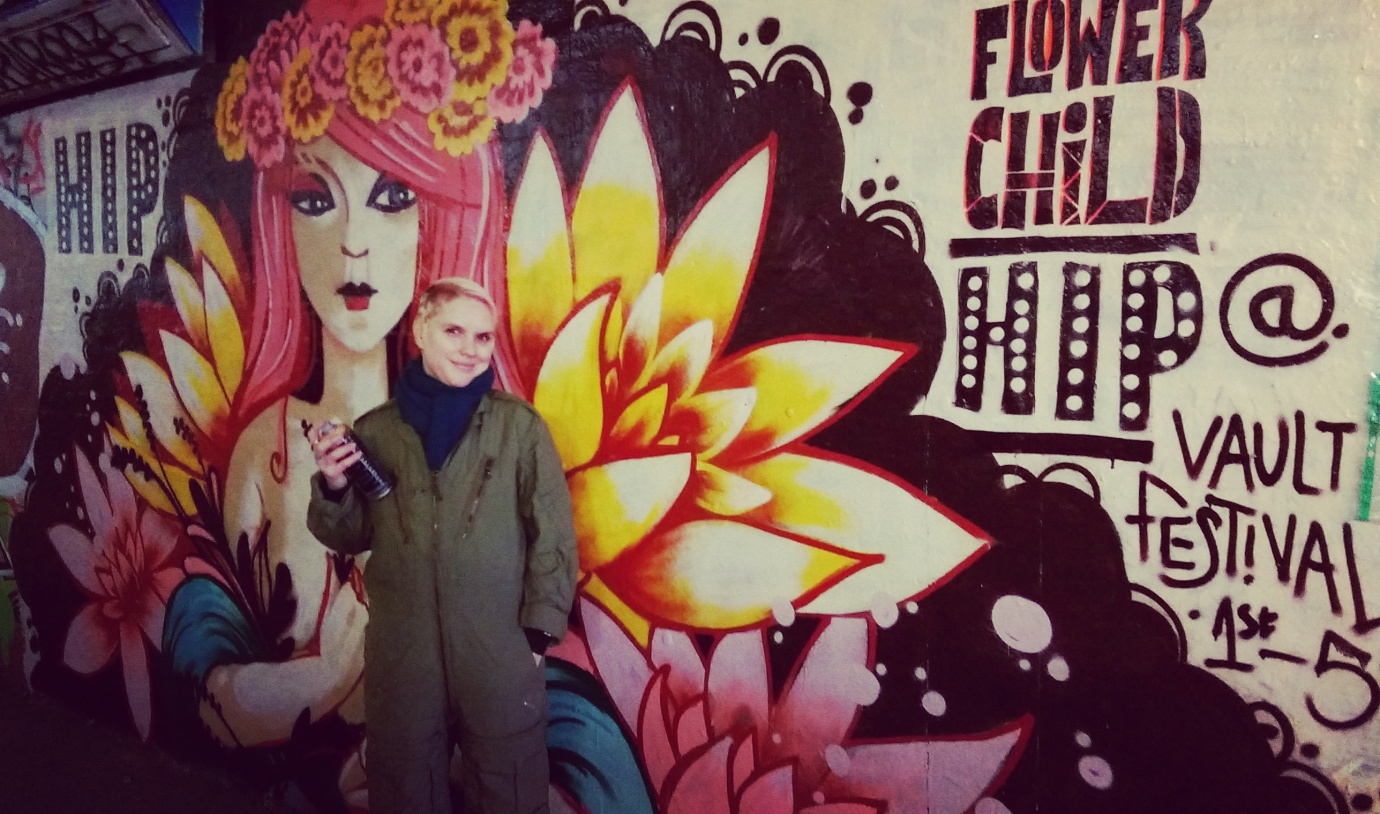Well, it’s late, I’m tired, and I have an essay which I’m putting off and I’m angry so I’m writing another post. This time it’s to Dominic Cavendish. He wrote an article in the Telegraph on the 23rd of February about how women are essentially stealing men’s roles. I don’t think that people I follow on twitter accepted the article in any way, but I want to respond because maybe one person, but almost definitely a lot more, will read the article and feel legitimised in their sexism, and that’s not okay.
I think the problem I have with the article (apart from the pretty blatant misogyny) is that Cavendish is really talking about two very separate issues, but melds them into one and in doing so basically shits on female actors. There is the issue of gender bending and how it artistically affects a show, and then there’s the issue of men being ‘elbowed aside’ as he calls it. Firstly, Anna How (@himalanna) tweeted that this article reminds her distinctly of a statistic which says that if there’s 17% women, men in the group think its 50-50. If 33% women, men perceive more women than men and I think that is essentially what Cavendish is struggling with when he asks women ‘to get their mitts off male actors’ parts’. Women are coming to the forefront of the theatre world, with the Royal Court leading the way with a female Artistic Director and putting on eight plays written by women in 2016 out of a total of thirteen, and some people are finding it hard to deal with. Institutionalised misogyny makes us all victims of devaluing women in theatre, and institutionalised racism means that minority actresses are even more devalued. This is slowly changing, but the change is really quite slow, and it’s only slowed down by articles titled ‘the death of the great male actor’. Male actors won’t die out because women are acting too.
It’s interesting that the problem of gender-blind casting usually only seems to be an issue when it comes to historical plays – people feel more protective of Shakespeare and Chekov. They don’t want roles like Hamlet and King Lear to be played by women because they were written for men – right? Well, yes but the female parts were also written for men, so the logic kind of falls apart after that.
Cavendish talks about a suspension of disbelief in theatre, but he uses it to counteract what he calls the ‘thought police’, whereas it seems to me he is being the particularly rigid and traditional one in this situation. Yes, theatre is about play and disbelief – so why does gender matter so greatly when an actor is performing? I was in a workshop with Tim Crouch, and he quoted Michael Craig-Martin’s ‘An Oak Tree’ saying ‘I’ve changed the physical substance of the glass of water into an Oak Tree…I didn’t change it’s appearance. But it’s not a glass of water. It’s an oak tree’. And then, he applied that to theatre – I’ve changed the physical substance of Tamsin Greig into Malvolia…I didn’t change it’s appearance. But it’s not Tamsin Greig. It’s Malvolia. Now I’m not even trying to pretend I came up with this – it was all Crouch – but it’s really quite powerful to think about that and then read the Cavendish article. Doesn’t it seem slightly…redundant now? Acting is about transformation and often gender-bending does come with a political comment, and if so, even better – it’s probably commenting on the state of the world more than your article ever will.


